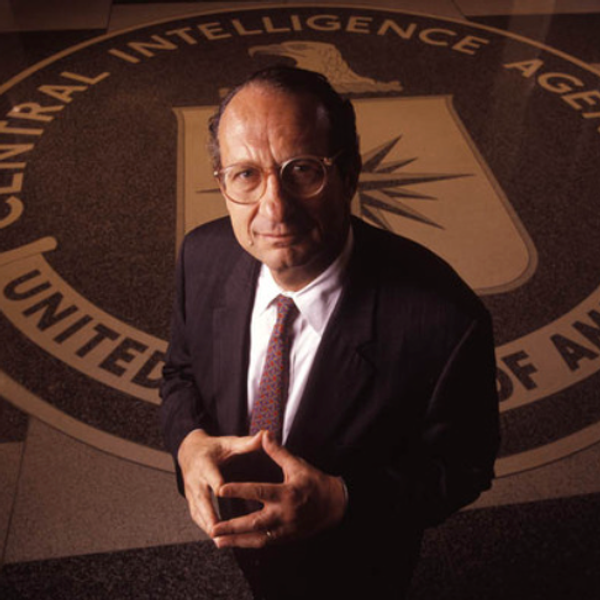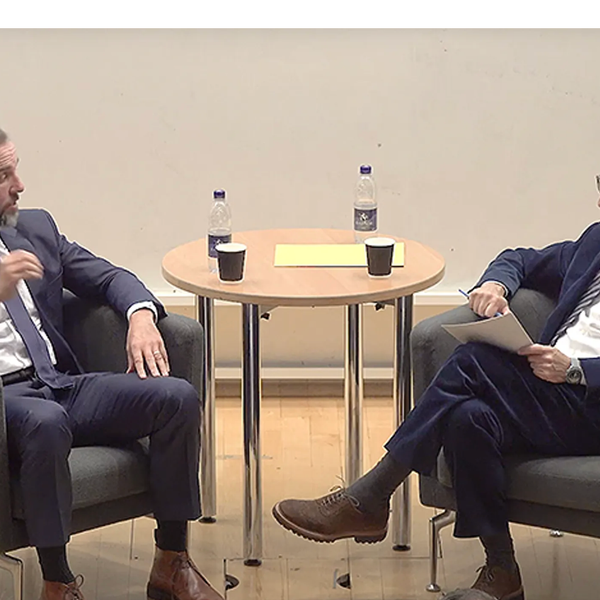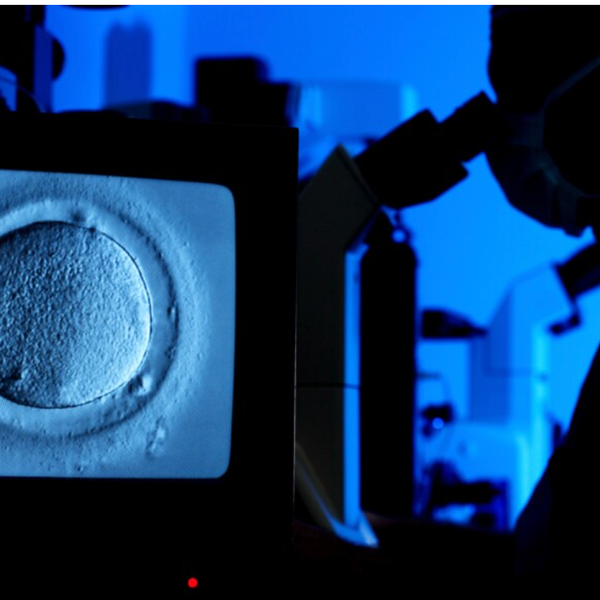Baghdad (AFP) – Twelve car bombs, mainly targeting Shiite-majority areas of Baghdad province, killed at least 47 people and wounded more than 140 on Monday, security and medical officials said.
The blasts are the latest in a string of sectarian attacks in central Iraq that have raised the specter of a return to the all-out Sunni-Shiite conflict that peaked in 2006-2007 and killed tens of thousands of people.
The bombs hit nine different areas, six of them Shiite-majority, one confessionally mixed and two Sunni-majority.
The deadliest attacks hit Kadhimiyah, a mainly Shiite area of north Baghdad, where two car bombs killed at least nine people and wounded at least 19.
In Baghdad Jadida, a bomb exploded in a car park, burning vehicles, destroying a fence and shattering the windows of nearby shops and a women’s clinic, an AFP journalist reported.
Security forces deployed to the area, closing off streets and using sniffer dogs to search for more bombs.
Central Iraq has seen a series of sectarian attacks in recent days.
On Sunday, a suicide bomber attacked mourners at a Shiite mosque south of Baghdad, collapsing the roof and killing 47 people.
On Friday, bombs exploded near two Sunni mosques in Baghdad as worshipers left after prayers, killing six people.
Another bombing targeted Sunni mourners in Baghdad on September 23, killing 15 people, while an attack on a Sunni funeral killed 12 the day before.
Bombings targeting Shiite mourners killed 73 people in Baghdad on September 21, and two blasts at a Sunni mosque north of the capital killed 18 a day before that.
The UN refugee agency has said it is “increasingly concerned about the situation in Iraq, where recent waves of sectarian violence threaten to spark new internal displacement of Iraqis fleeing bombings and other attacks.”
It said that about 5,000 Iraqis had already been displaced in 2013, joining more than 1.13 million who fled or were forced out of their homes in past years.
Violence in Iraq has reached a level not seen since 2008, when the country was just emerging from its brutal sectarian conflict.
Diplomats and analysts say the Shiite-led government’s failure to address the grievances of the Sunni Arab minority, who complain of political exclusion and abuses by security forces, has driven the spike in violence.
The authorities have made some concessions aimed at placating anti-government protesters and Sunnis in general, such as freeing prisoners and raising the salaries of Sunni anti-Al-Qaeda fighters, but underlying issues have yet to be addressed.
The civil war in neighboring Syria has also fueled sectarian tensions in Iraq.
The latest bloodshed brings the September death toll to more than 870, according to AFP figures based on security and medical sources. Upwards of 4,700 people have been killed so far this year.
In addition to major security problems, the government has failed to provide adequate basic services such as electricity and clean water, and corruption is widespread.
Political squabbling has paralyzed the government, while parliament has passed almost no major legislation in years.








